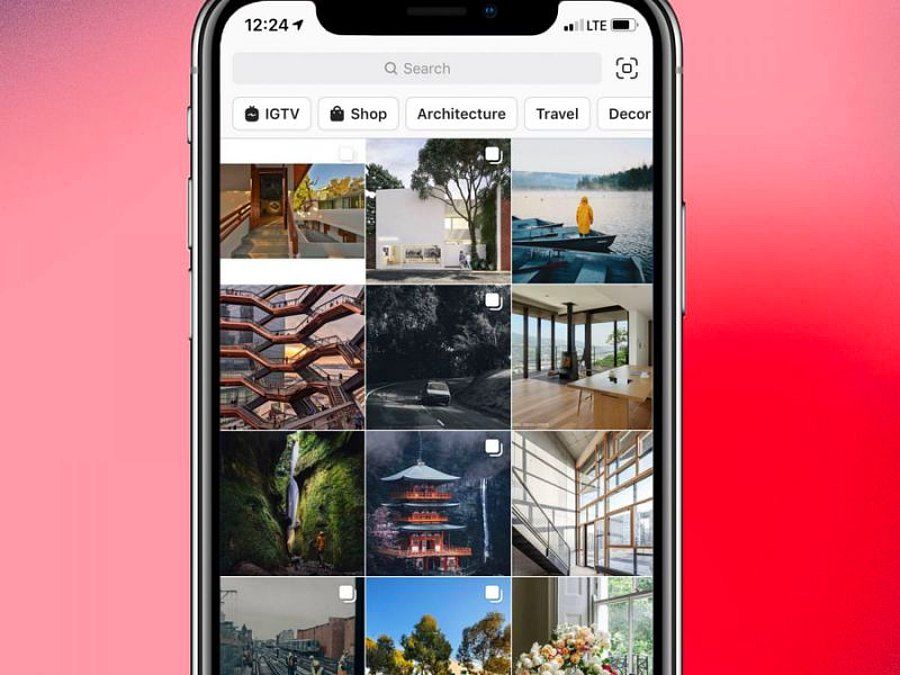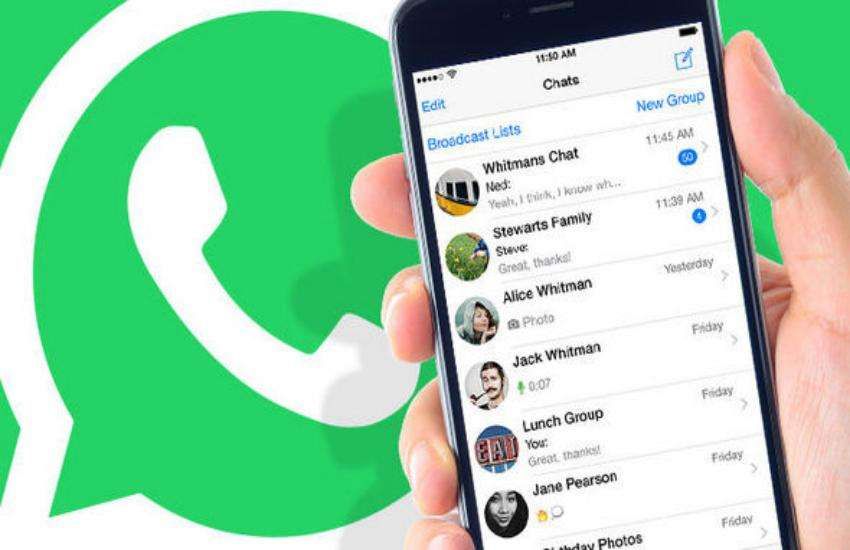How do you operate facebook
How to Use Facebook: A Beginner’s Guide
Facebook has changed quite a bit since I first signed up for an account in 2008. Back then, Facebook was still called “The Facebook”, and my bio literally said, “Check out my MySpace, it’s waaaay better than my Facebook.”
Needless to say, Facebook has evolved at breakneck speed since my middle school years, and it’ll keep adapting at a swift pace for as long as it exists.
If you need a refresher on how to use Facebook for marketing your business or you want to sign up for a personal account, check out this in-depth explanation of how to use the most popular social media network in the world.
What is Facebook?
Facebook is a social media network that connects people through an online platform. By sharing content like text status posts, images, videos, and external links like blog posts, Facebook users can contribute ideas and join conversations with other people who share the same or different interests.
In addition to sharing their own ideas, users can engage with the content other people share on Facebook by reacting to it with a like, a laugh, disapproval, and even a hug. Comments and shares are additional ways users can interact with each other’s content.
Facebook for businesses works similarly, except businesses have Facebook Pages not profiles like individual users do. Businesses can use their Facebook Pages to engage with existing customers, target new customers, and administer customer support.
To fully understand Facebook and how it works, you’ll want to become familiar with common terms used on the platform. Here is a list of key Facebook terms and what they mean.
Profile
The Facebook profile is where your information will live. Your name, photo, hometown, workplace, education history, and so on can all be added to your profile. You can make your profile as public or private as you want by disabling the information you don’t want publicly visible.
Newsfeed
This is the place where all of your friends’ posts will appear. You’ll also see updates from business pages that you’ve liked. Your posts will also appear in the newsfeed where your friends can see them.
Timeline
Often confused with a newsfeed, the timeline is your personal record of all the posts you’ve shared and posts you’ve interacted with. While you won’t usually see friend’s status updates here, there is one exception — if they’ve tagged you in a post or a photo, it’ll appear on your timeline. Your friends can see your timeline by default if they search your name unless you’ve set your privacy settings to do the contrary.
Algorithm
The algorithm is an elusive concept. Essentially, the algorithm is a series of computations that Facebook’s servers do every second to determine what content you want to see, interact with, and click on next. The algorithm uses dwell time (how long you view a post), engagement, page likes, posts, and more to determine the type of content you might like to see. Over time, the algorithm gets better at determining what content to show you.
Status/Post
The two terms are often used interchangeably, but “post” is the term Facebook uses to describe something you share on the newsfeed. Text, images, videos, and location are just a few of the types of posts you can share to the newsfeed for your friends to see.
Text, images, videos, and location are just a few of the types of posts you can share to the newsfeed for your friends to see.
Friends
These are people you’ve either sent a request to and they’ve accepted or people who have sent you a request and you’ve accepted. Unlike other social networking sites that allow someone to follow you without you following them back, Facebook’s friend system requires both you and the other person to be friends with each other. A personal account for an individual cannot have more than 5,000 friends (and it’s not a good idea to make a second Facebook profile to get around this rule).
Followers
Facebook has a follower option as well. When you add new friends, you automatically follow them (and they follow you, too). This is Facebook’s way of adding this new friend to your newsfeed and making sure you see their posts (at least for a little while unless you stop engaging with them). For individuals who exceed 5,000 friends on their personal Facebook profiles, people can opt to follow them instead to stay up to date on their posts.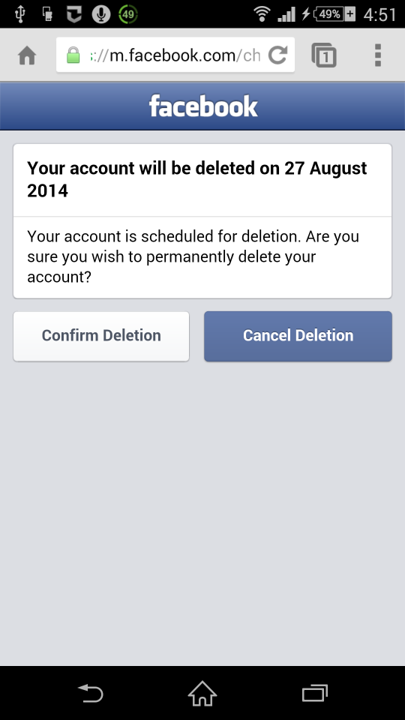 Keep in mind, while Facebook automatically follows your friends for you, you can manually unfollow them without unfriending them. This action removes these individuals’ posts from your newsfeed. If you do this, you’ll need to search your friends individually and surge their timelines to catch up on their latest posts.
Keep in mind, while Facebook automatically follows your friends for you, you can manually unfollow them without unfriending them. This action removes these individuals’ posts from your newsfeed. If you do this, you’ll need to search your friends individually and surge their timelines to catch up on their latest posts.
Groups
Facebook users with similar interests might find it helpful to create a group on the platform. A group is a community of users who interact with each other based on various topics set by the group’s admins and other users. Only individual users can be added to groups — pages cannot be part of Facebook groups. Admins have a wide range of permissions they can enable or disable to have the group function in a particular way.
Pages
Businesses use Facebook Pages to create a presence on the social network. Pages are not individual Facebook users — think of them as profiles for businesses. They can post updates, images, videos, and all the other types of content that profiles can. However, they have an advantage — Facebook Pages have the ability to connect to Facebook for Business and run ad campaigns.
However, they have an advantage — Facebook Pages have the ability to connect to Facebook for Business and run ad campaigns.
(P.S. Already a HubSpot customer? Click here to integrate your HubSpot account with Meta Ads, and become eligible to win $15K to skyrocket your business ads strategy.)
Events
With so much community happening on Facebook, individual users and businesses have the option to advertise events. The events can accept RSVPs, create a guest list, and share the date time, and location of the event. Events can be virtual through a video platform or they can be in person with a physical location.
Messenger
Instead of a direct messaging platform in the native Facebook app, Facebook Messenger exists as a separate application so users can chat one-on-one or in a private group setting. When using Facebook.com on a desktop computer, the messenger is accessible through the native Facebook website.
Story
Like Instagram stories, Facebook stories are another way individual users and business pages can connect with their friends and followers. Stories are short pieces of content that are visible for just 24 hours. After 24 hours, the stories disappear from the newsfeed.
Stories are short pieces of content that are visible for just 24 hours. After 24 hours, the stories disappear from the newsfeed.
Notification
Represented by the bell icon in the third circle below, a notification informs you when a friend engages with your posts, photos, videos, or timeline, you’ll receive a notification that explains what they engaged with and when. Friend requests will also appear here.
Now that you have an idea of what Facebook is and how it works, here’s a handy guide to using Facebook.
How does Facebook Work?
Facebook is powered by an algorithm that is able to learn each user's preferences and interests. Then, the algorithm displays content like images, status updates, and videos posted by friends and businesses that the user might be interested in. The goal for Facebook is to get users to engage with, consume, and share content.
Along with this, Facebook runs advertisements for businesses and these ads are sprinkled in between organic content shared by your friends on the news feed. The ads are tailored to your interests so you see what the algorithm thinks you might be interested in based on content you’ve interacted with in the past. This is called behavioral targeting.
The ads are tailored to your interests so you see what the algorithm thinks you might be interested in based on content you’ve interacted with in the past. This is called behavioral targeting.
How the Facebook Algorithm Works
In the past, Facebook used a chronological timeline. This means that the posts on your newsfeed were listed in the order in which they were most recently shared by your friends on the platform. If your mom posted three hours ago and your best friend posted five minutes ago, you’d see your best friend’s post first, then your mom’s. However, that all changed in September 2011 when Facebook officially announced that it was doing away with the chronological newsfeed and replacing it with a more personalized experience. Rather than seeing your friends’ posts in the order they were shared, you now see the content Facebook’s algorithm thinks you’ll enjoy the most. This newsfeed is still around today.
Featured Resource: How to Engage Your Facebook Audience
Download the Guide
Learn how to reach and engage your Facebook business page's audience with the help of this in-depth guide.
How to Use Facebook
Set up your privacy settings. Personalize your profile. Like and follow public pages. Review your timeline. Add friends on Facebook. Post on Facebook. Add photos and videos. Connect with friends. Review your newsfeed. Discover additional Facebook features.
1. Sign up for a Facebook account.
To sign up for a Facebook account, follow these three easy steps.
- Visit Facebook’s website.
- On the homepage, enter your first name, last name, mobile number or email, new password, birthday, and gender.
- Click Sign Up.
2. Set up your privacy settings.
After you’ve signed up for a Facebook account, you can adjust your privacy settings to control who can see your profile and information. Follow these four simple steps to change your privacy settings.
- Click on the downward pointing arrow that’s located on the top right corner of any Facebook page.

- Click Settings.
- In the left sidebar, select Privacy.
- Set who is allowed to see your past and future posts. You can also control how people can find and contact you.
Odds are, there’s probably someone on Facebook who has the same name as you. To differentiate yourself from these people and help your friends and family find you on Facebook, personalize your profile by adding a profile picture, cover photo, and some personal information.
3. Personalize your profile.
Picking a Profile Picture
- Go to your profile and click on your profile picture.
- To pick your profile picture, choose a photo that you’re already tagged in on Facebook, one that you’ve uploaded to Facebook, or a photo from your computer. You can also add a frame to your profile picture.
Choosing a Cover Photo
- Click the camera button on your cover photo, which is on your profile.

- To choose your cover photo, you can pick a photo from your Facebook profile, a selection of Facebook’s own cover artwork, create a collage, or upload a photo from your computer. You can also reposition or delete your current cover photo.
Updating Your Profile
- Click the About section on your profile page.
- In this section, you can fill in information about your work and education, the places you’ve lived, contact and basic info, family and relationships, details about you, and life events.
4. Like and follow public pages.
On Facebook, you can follow and get updates from your favorite brands, celebrities, sports teams, and publications. The best way to do this is by searching for them on Facebook and liking or following their public page, which will have a blue verified check mark next to their name. After you like or follow their page, you’ll start to see their updates in your news feed.
5.
 Review your timeline.
Review your timeline.Your timeline is a digital log of your Facebook activity in reverse-chronological order. Your status updates, uploaded photos and videos, and the photos you’re tagged in will appear on your timeline.
6. Add friends on Facebook.
There are three ways you can add friends on Facebook. You can either search for them, find them in the Find Friends tab, or import a list of contacts from your email, iCloud, or phone.
To find friends on Facebook, go to your profile, select the Friends tab, and tap the Find Friends button. You’ll see a list of friend requests from other people and a list of people you may know that you can add as a friend on Facebook.
If you upload a list of contacts onto Facebook, you can add your friends as you sort through each of your contacts.
7. Post on Facebook.
The main purpose of Facebook is to help friends and family connect with each other. And the best way to connect with your friends and family is by updating them about your life with status updates. To share a Facebook status, go to the text box at the top of your news feed page or on your profile page.
To share a Facebook status, go to the text box at the top of your news feed page or on your profile page.
With status updates, you can share text with 15 different colored backgrounds, photos, videos, GIFs, stickers, and links.
You can also share other types of posts, like:
- Feeling/Activity: Share how you’re currently feeling or what you’re currently doing.
- Check In: When you visit a city, location, or place, check in and let your friends know where you’re at.
- Tag Friends: If you’re hanging out with your friends, tag them in your status and share what you’re doing.
- Tag Event: If you’re at an event, you can tag it in your status and share what event you’re attending.
- Ask for Recommendations: If you just moved somewhere or you’re about to visit a location, you can ask your Facebook friends for recommendations on where to go.
- Poll: Ask your Facebook friends what their opinion is on a certain topic.

- Support Nonprofit: Choose a nonprofit organization of your choice and share it through your status. Your Facebook Friends can then select the donate button to support the chosen organization.
- Answer a Question: Choose a predetermined question to answer or create your own question to answer and share it with your Facebook friends.
- Lists: Choose a predetermined topic to make a list for or create your own topic and share it with your Facebook friends.
- Facebook Stories: All the content that you can share through a status update is shareable through your Facebook story. You can also upload content to your stories by clicking the Add to Your Story button on the right sidebar. Additionally, you can watch all your friends’ Facebook Stories by clicking on their picture in the Stories section, which is also located on the right sidebar on your home page.
8. Add photos and videos.
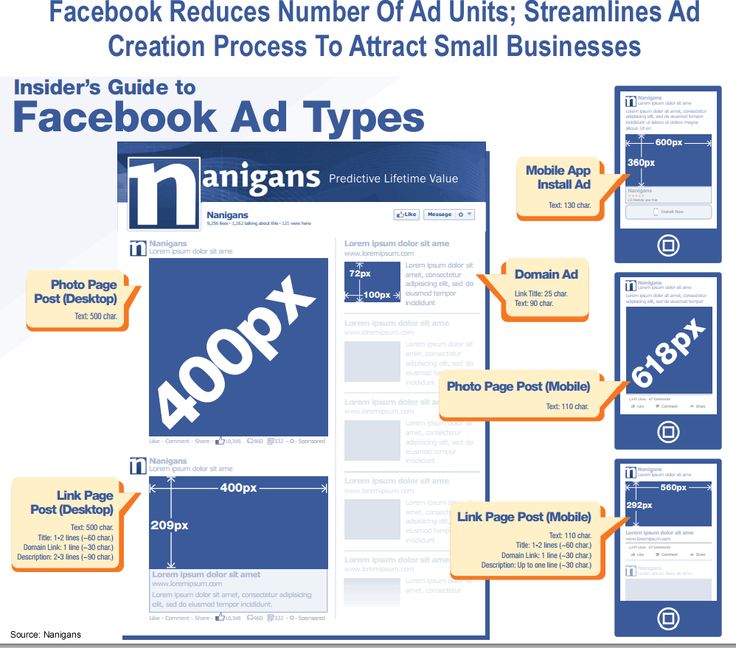
On Facebook, you can add photos, videos, albums, and live video broadcasts to your profile for all your friends to see.
Uploading photos or videos
To upload photos or videos to your profile, follow these four simple steps:
- Go to your Profile.
- Select the Photos tab.
- Select Add Photos/Video.
Upload pictures or videos from your computer.
Creating photo or video albums
To create a photo or video album, follow these four simple steps:
- Go to your Profile.
- Tap the Photos tab.
- Tap Create Album.
Upload pictures or videos from your computer.
Facebook Live
To do a live broadcast on your Facebook account, follow these three simple steps.
- In the box that says What’s on your mind?, select Live Video.

- Once you select Live Video, you can write a description about your broadcast, tag people in it, add a feeling or activity, check in to an event, support a non-profit, or add a poll. You can also title your live broadcast or tag a video game if you’re live streaming someone or yourself playing a video game.
- Select Go Live when you’ve finished describing your live broadcast.
9. Connect with friends.
On your news feed, you’ll see updates from your friends, family, or public pages you follow. To interact with them, you can like and react to their posts, share content on their timelines, and communicate with them through text or video chat.
Like, Comment, Or Share
If you like someone's post, give them a thumbs up, comment on their post, or share it.
Other Reactions
If your Facebook friend’s post evokes a stronger reaction in you than a like, you can also express that you love, laughed, are amazed, sad, or angry at their post by holding down the Like button.
Sharing Content on Your Friends’ Timelines
Anything you can post on your status, you can also post on your friend’s timeline.
Facebook Messenger
To chat with your friends or public pages on Facebook, use Facebook Messenger. You can access it by tapping the Messages button at the top right corner of any Facebook page or selecting the Messages button on the left sidebar of the home page.
Next, select New Message and type in your friend or brand’s name that you want to connect with. Facebook Messenger also lets you create group chats by clicking on New Group. After that, all you have to do is name your group and add the friends you want to include in the group.
When you message your friends or group on Facebook Messenger, you can upload pictures, videos, and files from your computer, as well as stickers, GIFs, emojis, and take pictures and videos from your computer’s or phone’s camera.
You can also view Messenger on its own page, where you can search for past conversations and manage your settings. To view Messenger on its own page tap the Messages button in the top right corner of any Facebook page and then tap the See All in Messenger button.
To view Messenger on its own page tap the Messages button in the top right corner of any Facebook page and then tap the See All in Messenger button.
To instant message your friends' who are logged onto Facebook at the same time as you, tap the Chat button on the bottom of any Facebook page and strike up a conversation with your friends who are online.
Phone and Video Calling
When you have Messenger open on its own page, you can search for any of your friends or groups, click on their name, and tap the phone or video chat button to call them.
10. Review your newsfeed.
Your news feed is a curated feed of posts from your friends, family, and public pages you follow that Facebook’s algorithm thinks you’ll be interested in. You’ll also see ads from brands who think you’ll enjoy consuming their content or products.
To customize your news feed, tap the downward pointing arrow in the upper right corner of any Facebook page and tap News Feed Preference.
From there, you can prioritize whose posts you’ll see first, unfollow people and groups to hide their posts, reconnect with people and groups you unfollowed, discover public pages that match your interests, and hide apps from your news feed.
11. Discover additional Facebook features.
Facebook isn’t just a platform for viral content and connection. It’s also a hub for community communications, video streaming, marketplaces, and games.
Events
The Events page on Facebook will show you any upcoming events that are popular with your Facebook friends or have been set up by the groups you belong to. You can also find events based on their date, location, and category.
To find the Events page, select the Home button. Then, on the left sidebar, you’ll see the Explore section, where you can select Events
Groups
The Groups page on Facebook will show you which groups you manage and belong to. You can also discover groups to join based on Facebook’s suggestions and a ton of other categories.
To access the Groups page, tap the Home button and then on the left sidebar, you’ll see the Explore section, where you can click Groups.
Facebook Watch
On the Facebook Watch platform, you can watch videos from the shows you’re following and search for other shows and videos.
To access Facebook Watch, select the Home button. Then, on the left sidebar, you’ll see the Watch button right under the Marketplace button.
Marketplace
Not only does Facebook compete with Netflix in the streaming industry, but they also compete with eBay in the marketplace industry. With Facebook Marketplace, you can browse for all kinds of products, join groups to buy and sell products with people in your area or who share similar interests, shop for products sold from different shops, shop by category, and sell your own products.
To access Facebook Marketplace, select the Home button. Then on the left sidebar, you’ll see the Marketplace button right under the Watch button.
Games
Facebook Games is one of Facebook’s best features. They host a huge collection of massively popular games, and you can browse the most popular games on the platform by top charts and categories. You can even play most of the games with your friends, too.
Editor's note: This post was originally published in October 2018 and has been updated for comprehensiveness.
Topics: Facebook Marketing
Don't forget to share this post!
10 Essential Facebook Tips for Absolute Beginners
Lots of people have been turning their back on Facebook recently. The fake news problem, the Cambridge Analytica scandal, and the ongoing privacy issues have all eroded trust in the company.
However, the network remains the best way to stay in touch with old friends and far-flung family, and it's unrivaled in terms of user numbers.
So, if you've never had an account but have decided the time is now right to join the other 2. 2 billion active monthly users, what do you need to know? Here are some essential Facebook tips for absolute beginners.
2 billion active monthly users, what do you need to know? Here are some essential Facebook tips for absolute beginners.
If you're about to click the Join button, you should know that you're about to hand over your data to one of the largest ad companies in the world. After all, there's a reason Facebook is free to use.
You can't stop Facebook collecting your data---it's in the company's Terms of Service. You can, however, restrict the way in which Facebook uses your data.
To get started, click on the gear icon in the upper right-hand corner and navigate to Settings > Ads > Ad Settings.
There are three settings you need to change:
- Ads based on data from partners
- Ads based on your activity on Facebook Company Products that you see elsewhere
- Ads that include your social actions
Set the first two options to Not Allowed and change the final setting to No one.
2. Don't Share Personal Details on Facebook
Lots of beginners make the mistake of assuming they need to fill in every field on their About page. But this is the wrong approach to take.
Instead, it's better to think of your Facebook account like a glorified phonebook. Sure, add all your friends and upload a few photos, but there's no reason to share your workplace, your life events, your family members, or any other any other details you wouldn't be comfortable sharing with strangers face-to-face.
3. Restrict Access to Your Facebook Profile
Speaking of sharing things with strangers, did you know that Facebook's default setting when you create a new account enables anyone with an internet connection to see all of your posts?
Furthermore, your new account will let search engines index your profile and display it in their results.
These two settings combined means that someone could Google your name and find your account, along with your post history, in seconds.
You need to change both settings before you start using your account.
To do so, click on the gear icon and go to Settings > Privacy. You need to change Who can see your future posts to Friends and Do you want search engines outside of Facebook to link to your Profile to No.
It's also worth making sure the other settings on this page are correct. Use the example in the image above for a guide.
4. Customize Your Facebook News Feed
As we alluded to earlier, in 2017, Facebook came under fire for moving away from its roots. Instead of a stream of content you care about from family and friends, the News Feed became dominated by companies' pages and random messages in groups.
Facebook's changes to its algorithms since have helped, but you can take things a step further by letting Facebook know if you want to see less of a certain type of post. You can even hide particular people and pages from your feed altogether.
If you keep seeing posts you find annoying, click on the three horizontal dots in the top right-hand corner of the post's card. A new menu will pop up. Choose either Hide Post, Snooze [User] for 30 days, or Unfollow [User], depending on what you want to achieve.
And remember, in an extreme case, you can even disable your News Feed entirely.
5. See a News Feed From Facebook Pages You Like
Just because Facebook has overhauled the content in your main News Feed, it doesn't mean you'll lose a way to easily stay on top of the latest posts from the Pages you've liked.
In fact, it's possible to see a feed that only includes Pages' posts. You'll find the link in the panel on the left-hand side of the screen. Scroll down to the Explore section and click on Pages Feed.
6. Organize Your Facebook Friends Into Lists
Some people advocate deleting Facebook friends so you're only connected to a small group of people who are important to you, others claim it's better to have as many connections as possible.
Ultimately, there's not a one-size-fits-all answer---it depends on how you plan to use your account.
However, regardless of how many friends you have, Facebook offers a great tool to categorize and manage them.
You can create groups of connections by clicking on Friends Lists in the left-hand panel. Facebook will create some lists automatically based on places you've lived and companies you've worked for, but you can create your own by clicking on Create List and adding people.
You can see a feed of posts from people in a list by clicking on a list's name.
7. Get to Grips With the Facebook Activity Log
The Activity Log records all your actions on Facebook. It lets you review and manage stuff you've shared.
You can use it to delete old posts, unfriend people with whom you're no longer in contact, change where posts you've made are visible, and a whole lot more.
To access your log, click on the gear icon in the upper right-hand corner and select Activity Log from the menu.
8. Customize Your Facebook Notifications
If you're a serial friend-er and page like-er, you'll quickly become overrun with Facebook notifications. And, like most notifications, you can safely ignore 90 percent of them.
Thankfully, it's possible to sort the wheat from the chaff by customizing the notifications you receive. Better yet, you can customize them differently on desktop and mobile.
To set up your desktop notifications to match your needs, click on the gear icon and go to Settings > Notifications > Desktop and Mobile.
To customize your mobile notifications, open the Facebook app, click on the three vertical lines, and choose Notification Settings.
9. Search for Facebook Posts Liked by Someone
We certainly wouldn't want to encourage Facebook stalking, but did you know it's possible to use the search function to find content liked by a particular person?
Just type posts liked by [person], photos liked by [person], or videos liked by [person] into the search bar.
You don't even need to use a person's name. For example, assuming you have your connection with your significant other up to date, you could type posts liked by my wife or photos liked by my boyfriend to see the same results.
10. Block People on Facebook
Lastly, it's important to know how to block people.
Perhaps you have an old love interest that won't leave you alone or an ex-boss who's determined to try and sabotage your new career.
Facebook makes it easy to block people. Just navigate to the person's profile, click on the three dots below their cover image, and select Block. Agreed to the on-screen confirmation and the person won't be able to see you or contact you.
You can unblock someone on Facebook by going to Settings > Blocking > Block Users.
Now It's Time to Learn More Facebook Tricks
These essential Facebook tips will help you start your Facebook adventure off on the right foot. But Facebook is a massive beast; there are a near-endless number of tips and tricks we could share.
But Facebook is a massive beast; there are a near-endless number of tips and tricks we could share.
So, once you have these basics nailed down, why not try stepping up a level? You can begin by reading our articles on essential Facebook etiquette, how to view and delete your location history, how to use Facebook to find a date, and how to clear your Facebook search history. If you use Twitter too, be sure to read our essential Twitter tips for beginners.
How does Facebook work? Values and hiring in the company / Sudo Null IT News
Working in the largest Open Space may seem like hell, but not for Andrey. Two and a half years ago, he sent his resume to Facebook, which offered him a job at the company and arranged for him to move from Israel to Silicon Valley.
Andrey is a former IBM engineer. In an interview on our YouTube channel, he spoke a little about why he chose Facebook, how the company develops ambitious projects and takes care of its employees.
The article contains a small excerpt from an hour-long interview.
Full video attached below.
Working conditions on Facebook
Facebook has the largest Open Space in the world with an area of 40,000 sq.m.
The company building was built in two phases: one half was completed the first year, the other half the next. The third part is currently under construction.
There is only one floor in the building where employees work directly. Below is parking for cars, and on the roof there is a park where you can take a break and take a walk in the fresh air. In general, it will take about 15 minutes to get from one end of the building to the other. It's so long.
Facebook takes its employees very seriously, as they are the company's main asset. The building is constantly improving working conditions. For example, special lighting was created in order to minimize eye strain when working with a computer.
The company provides buses that bring employees to work every morning and deliver them in the afternoon, there is a post office, a laundry, a gym. There is even a service center where you can make minor repairs to the car.
And, of course, there are restaurants and canteens. Facebook itself buys products and does not spare money for it. If we compare an ordinary restaurant, about 100 people visit it a day, and in one Facebook building there are about 5 thousand of them. And everyone needs to be fed. Therefore, employees have two large canteens and three specific restaurants with Asian, Mediterranean and Indian food to choose from. Thanks to this, the food is very tasty and varied. Andrei emphasizes that after he got a job at Facebook, he gained a couple of extra pounds.
Another interesting feature of the company is that all employees have the same jobs. And it doesn't matter if you're Mark Zuckerberg, vice president, or a simple development engineer. Meetings are always held in glass booths, as if emphasizing the openness of the company's work.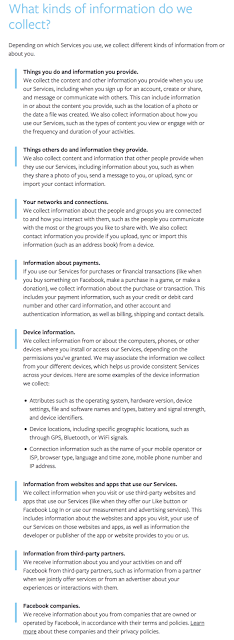 Curtains rarely fall.
Curtains rarely fall.
More about openness: weekly Mark Zuckerberg speaks to employees. During the week, teams collect questions and arrange a vote. Zuckerberg prepares and answers in detail the three most voted questions. After that, the microphone becomes available to anyone who still has questions that he wants to get an answer to. In general, the hall can hardly accommodate 1 thousand people, but you can watch the broadcast on the Internet.
What are the principles and values behind Facebook
The company has five values:
1) Build social value (“create value for society”). The task of employees is not only to bring profit to the company, but also to create value for users in the first place. When Facebook was created, no one imagined that the company would turn into a giant advertising agency.
2) Move fast. Facebook once had the slogan "move fast and break things". When Mark testified in Congress, every question he was asked was related to this slogan. Many believed that it was because of him that the company did everything in a blunder, which led to privacy problems. But it's not. This slogan refers specifically to the engineering culture of Facebook. He encourages people not to be afraid of mistakes. Indeed, because of fear, you can miss the opportunity to create something new and original.
Many believed that it was because of him that the company did everything in a blunder, which led to privacy problems. But it's not. This slogan refers specifically to the engineering culture of Facebook. He encourages people not to be afraid of mistakes. Indeed, because of fear, you can miss the opportunity to create something new and original.
3) Be bold. This principle is also associated with constant innovation. His idea is to not be afraid and take risks. Facebook dictates: take risks and don't be afraid to make mistakes. This allows the company to stay afloat, since the world has been changing very quickly lately, and if you do not adapt to the changes, then the corporation slows down, gets left behind or completely ceases to exist.
4) Be open ("be open"). All company information and data is available to everyone. Anyone can go and get the information they need - code, data, metrics, etc. This is very convenient, because often, it happens that you need something from another team, and in other companies you can run after them for years and ask for access.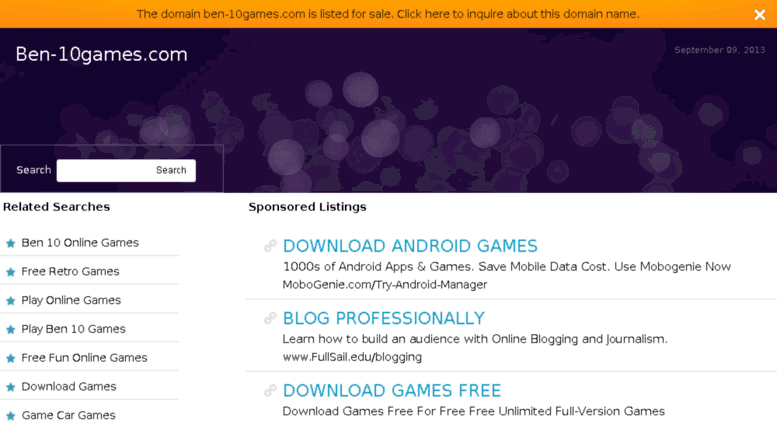 Here everything is different.
Here everything is different.
5) Focus on impact This is about priorities.
Like any other company, Facebook has metrics that relate to maintaining the number of users and conveying the value of the product. For example, there is a CAU metric, Care About Users - “care about users”. Any new product will be judged on how it will affect the user. Another MSI metric, Meaningful Social Interaction, is "meaningful social interaction." It evaluates how engaged the user is in the product.
How to get on Facebook
“Every week a stream of new candidates comes to the company. Three years ago, my stream had about 150 people per seat. The whole process is very fast and efficient. It took me no more than 2 months, starting with the first contract with a recruiter and ending with an offer. Moreover, the entire recruitment process basically took place when my family and I lived in Israel.
I asked a friend to send me my resume. And this in no way can affect your chance to get into the company. It is possible that this only accelerated the process of reviewing my resume. The very next day, a recruiter called me and scheduled a phone interview. I had two in total. After that, I was invited to the USA and bought a plane ticket. Here I went through about 5 interviews, mostly with engineers.
And this in no way can affect your chance to get into the company. It is possible that this only accelerated the process of reviewing my resume. The very next day, a recruiter called me and scheduled a phone interview. I had two in total. After that, I was invited to the USA and bought a plane ticket. Here I went through about 5 interviews, mostly with engineers.
In general, any employee can conduct an interview. The company even has training courses on how to conduct interviews. What for? Because a huge number of applicants come to the company every week, and the interview must be conducted responsibly and quickly.
In my experience in many companies interviews focus a lot on questions such as: “Tell me about yourself. What did you do? Where did they work? What do you like and dislike? On Facebook, things are different. Acquaintance takes place in 2 minutes, and the remaining 95% of the time candidates write code. And it doesn’t matter what position you are counting on - a manager or an engineer. Everyone writes code.
Everyone writes code.
During the interview, you do not choose any particular team. Although there are cases when a specialist with a narrow focus is required for a particular project. In most cases, Facebook hires simple engineers.
If you successfully passed the interview, a so-called Bootcamp is held for you and another new group of engineers. For at least 5 weeks maximum 8-9weeks people listen to lectures, take courses and get used to how work works on Facebook. And this is the first stage.
Then people begin to communicate with different teams, find out what they do, and actually choose the right team for themselves. New recruits have a mentor who guides them through their training and adaptation. But he cannot attract newcomers to his project. For this, there is a certain day when all teams and new employees gather in one place.
In general, this whole process is very long. It takes 3-4 weeks until a person gets acquainted with the boss, engineers and their work. At this time, he can already take on some tasks of writing code.
At this time, he can already take on some tasks of writing code.
Development of team members within Facebook
“The job of a boss at Facebook is to promote their employees. I do not remember all the criteria by which an employee is evaluated in a company, although I periodically have to do this. Every six months we all give each other feedback. To do this, we write reviews of ourselves, colleagues and the boss. This process is called Performance Review.
It is held twice a year and is not just a formality. This is a very serious process, people are preparing for it and are afraid. The task of the manager is to collect all the feedback together and give each team member an assessment. However, each boss may have his own narrow outlook, because he has, for example, only 5 employees, and he can only compare them with each other. Therefore, after grading, managers get together and discuss their subordinates and affixed marks. This is a very long and serious process. And apparently it works, because all employees always try to do their job better and better.
This is a very long and serious process. And apparently it works, because all employees always try to do their job better and better.
how to get an internship, get an offer and everything about working in a company / Sudo Null IT News
We recently launched a new educational project: live broadcasts with guys from IT who answer your questions in a live communication format.
This project is an attempt to create a complete set of guides and recommendations for a successful developer life: how to build a career, get a dream offer, attract investments in a startup, not go out on boring projects, grow in your business and buy a house by the sea along the way.
Here is a transcript of the live broadcast with Ilona Papava, Senior Software Engineer at Facebook London office: she told how to get an internship, what awaits interns, how to prove yourself and get an offer, and why the London office is in many ways superior to the office in the Valley.
***
My name is Ilona, I'm from Russia, the city of Stavropol. There I graduated from high school, then went to study at the Higher School of Economics in Moscow, the Faculty of Computer Science. After my sophomore year, I applied for an internship at Facebook and was recommended by a friend's husband who works there - he offered my resume to recruiters.
In my resume, by that time, I had several projects - university and my own, which I was engaged in for the sake of interest. I worked as a teaching assistant, but I had no real work experience - only participation in programming competitions, in the process of teaching in schools and at the university (as an assistant), nothing special.
It was a long time ago - in 2015, I studied from 2013 to 2017, and getting an internship then was, on the one hand, easier - there were fewer problems with obtaining a visa to the USA or the UK, and, on the other hand, more difficult - now many more companies invite people for internships.
Everything changes every year, I'm not sure what the situation is now.
I was assigned several interviews, the format was as follows: they ask several problems, like at Olympiads in computer science, and they need to be solved in 45 minutes. If you decide, go to the next stage of the interview - only 2-3 stages. If all is well, you are invited to an internship.
After the first internship, I was invited to the second one, because I had not yet graduated from the university, and after that I was called to work, so I ended up on Facebook in London. I went at the beginning of 2018 and have been living here for 2.5 years.
Where do you see yourself in a couple of years or five?
First, I need to get British citizenship. It takes 6 years and I've been here for 2.5 years. After that, it will become much easier to change companies, and, if necessary, it will be possible not to work. I am now here on a work visa, and there are not many companies that sponsor them: Facebook, Google, for example. Startups can't do this. Basically, I like it here on Facebook. I moved from junior to senior quite quickly and I think I can go further (junior - middle - senior - staff).
Startups can't do this. Basically, I like it here on Facebook. I moved from junior to senior quite quickly and I think I can go further (junior - middle - senior - staff).
We use levels:
- 3 – junior
- 4 - middle
- 5 – senior
- 6 staff
- further - 7, 8, maybe 9, but there are few of them
It seems to me that it is possible to switch to 6, and then try to switch to people management. It's quite interesting - I like mentoring new people in the team, explaining, supporting, solving problems. In general, I plan to stay at Facebook for at least a couple of years, and then - what will be the opportunities.
Facebook is good for stability, you can do different things here. When I joined, I was given the opportunity to choose the team I would like to join. There are different pipelines through which the device occurs, but in my case, the first 6-8 weeks were occupied by bootcamp.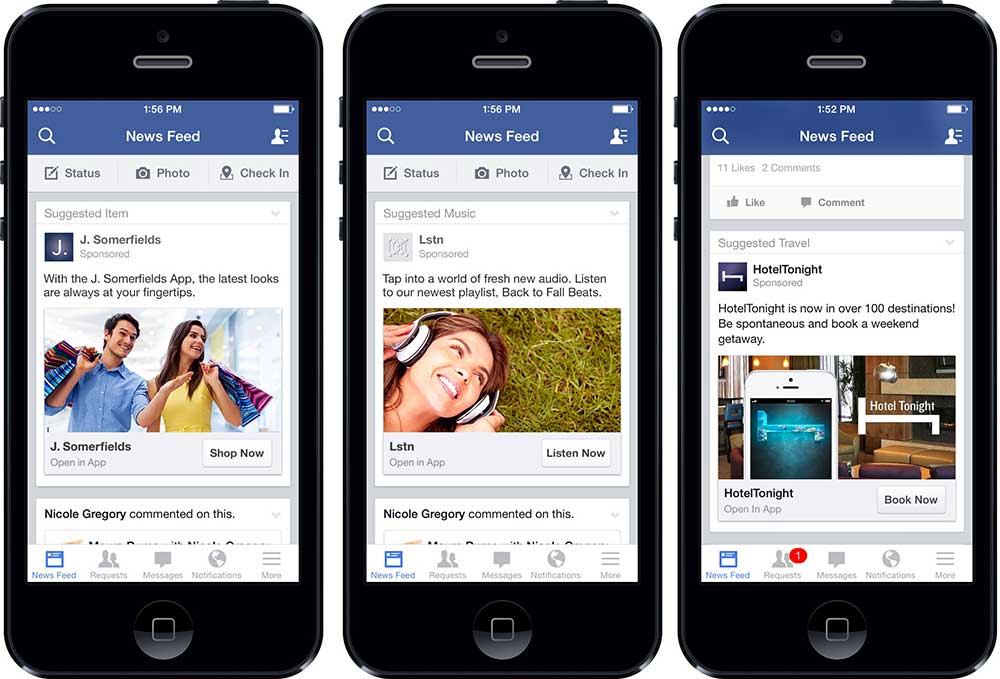 There you could choose any team you want.
There you could choose any team you want.
I chose the workplace team, in which I was engaged in web development, various new workplace features in PHP and React. After a year and a half, I got tired of being in that team, and I moved to the Portal team, there is development for Android. That is, different teams do completely different things. I had never dealt with Android before, everything in this team was completely new to me. And, even if I get bored here, you can always go to the next team.
What, how and how much per day and per week do you need to learn and practice to become a Facebook senior?
Before Facebook, I had no experience other than internships, and it took two years to go from junior to senior.
It rather depends not on how much you know, but on how much you are ready to take responsibility for big projects, how you can communicate with people, work with other teams, build relationships, negotiate, compromise.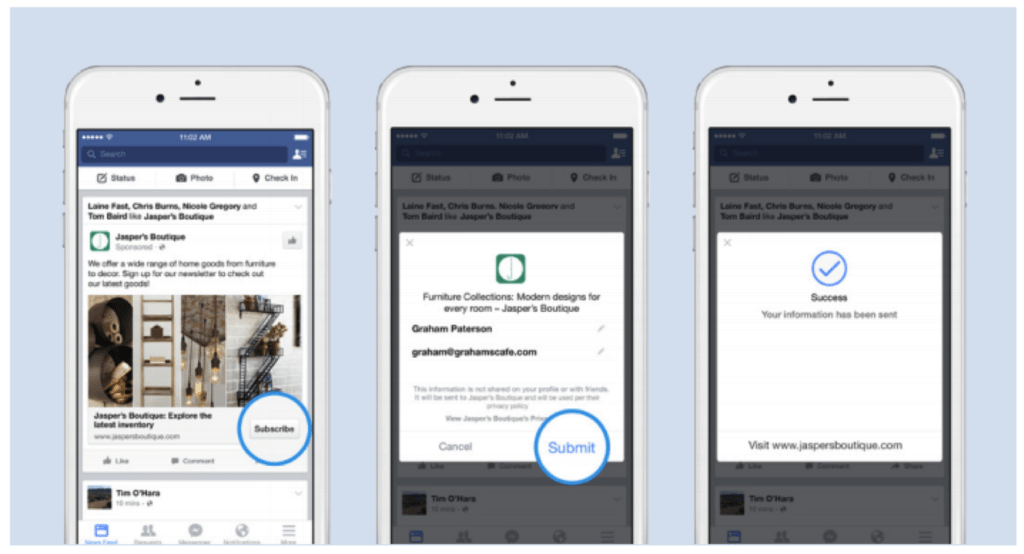 To a greater extent, these are soft skills.
To a greater extent, these are soft skills.
There are different archetypes. Some people create complex features on their own, but I did not have this. I like communicating with people, working together, setting the path for product development.
My archetype is a hybrid between a product manager and an engineer, although I am more of an engineer. It all depends on the person himself: someone goes this way faster than me. My buddy went from junior to senior in a year and a half, so fast progression is possible as well as slow progression.
How to get a full-time offer after an internship, what technologies should be studied in advance?
I didn't learn anything special before my internships, my first internship was in PHP.
English is definitely worth learning - my conversational part was not very good, and it was difficult for me. I had to write daily updates on a piece of paper and read from it. The rest can be sorted out on the spot. I would say that the most important skill in Facebook is the ability to quickly and efficiently deal with unfamiliar things and start using them. It was useful both at the university, and at the internship, and at work.
I would say that the most important skill in Facebook is the ability to quickly and efficiently deal with unfamiliar things and start using them. It was useful both at the university, and at the internship, and at work.
During an internship, they usually give a project for 12 weeks, the first couple of weeks is onboarding - you need to figure out the technologies, how to send a pull request, how they are approved, how everything works in principle on Facebook.
Then team work begins. The projects that are given in an internship are usually related to what the team is doing at that moment; I know that in other companies they can announce what you will do six months before the internship, but on Facebook it’s not like that.
Teams find projects for interns that are relevant to the team itself, and you can find out your topic in only a month, maybe three weeks. My 2016 project is still in use - of course, it has been improved many times, but the basics remain. So no special technologies should be memorized - you just need to quickly figure it out on the spot and ask questions.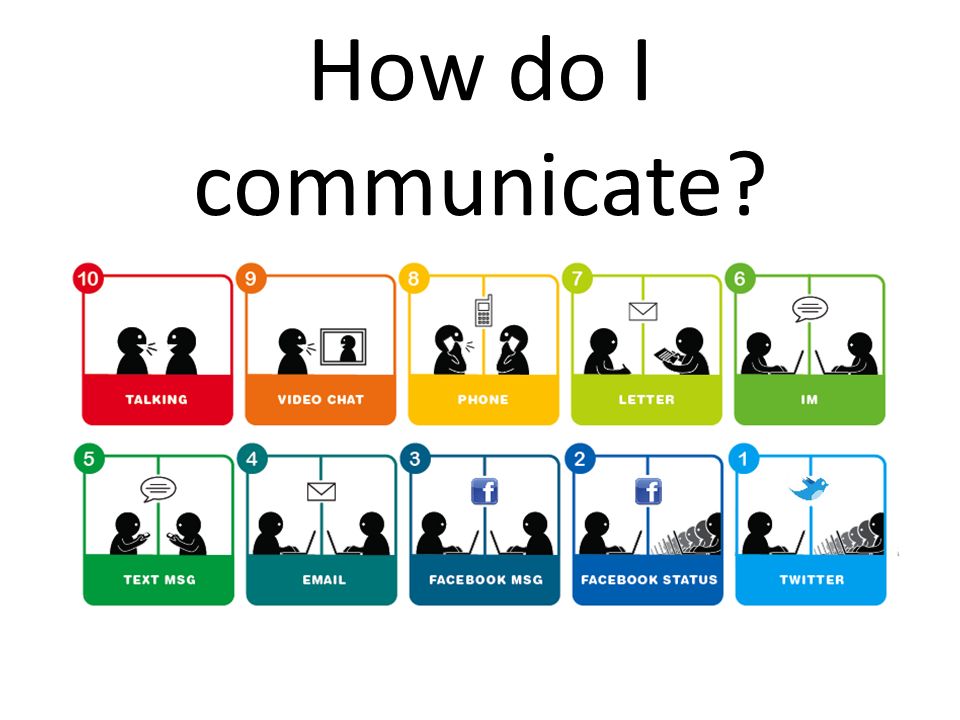 It should not turn out that you sit for two weeks and try to figure something out, but you should not constantly ask about everything. You need to strike a balance: you should have some autonomy, but in case something doesn’t work out for you, you should ask questions and move on.
It should not turn out that you sit for two weeks and try to figure something out, but you should not constantly ask about everything. You need to strike a balance: you should have some autonomy, but in case something doesn’t work out for you, you should ask questions and move on.
What about a US work permit? Is the internship only available to residents, or is it possible to get a J1 visa? How can residents of the CIS get an internship in the Valley?
I don't know how it's happening now because I don't live in the USA. I think Facebook has practically stopped taking students from the CIS for internships in the US. J1 is quite easy, but converting to h2B is not, there is a lottery. Everything changes every year, of course. But, when we went to Russia, we invited people to internships specifically in London. London is now a big European hub where people come - some temporarily if they want to move to the USA later, some permanently if they like London better. It seems to me that now almost everyone from the CIS goes to London.
It seems to me that now almost everyone from the CIS goes to London.
What is the best way to push resumes? Linkedin, direct contact with a recruiter? You need to get a full-time job, bypassing the internship.
You can apply through the site; all resumes sent through the site are trying to check. If you don't have Facebook contacts, this is the best option. If there is a direct contact to the recruiter, you can also try. I don't know about Linkedin, I haven't used it. The best option is if you have someone you know on Facebook and you can ask them to upload your resume. That is, to refer, write a review that you are well done and you know how to do something. The person who refers you will be able to monitor the progress of the application. You can always write to the recruiter in a personal through the work chat and find out the details.
What are the fundamental differences between interviews in the UK and Russia?
I interviewed mostly only in large companies.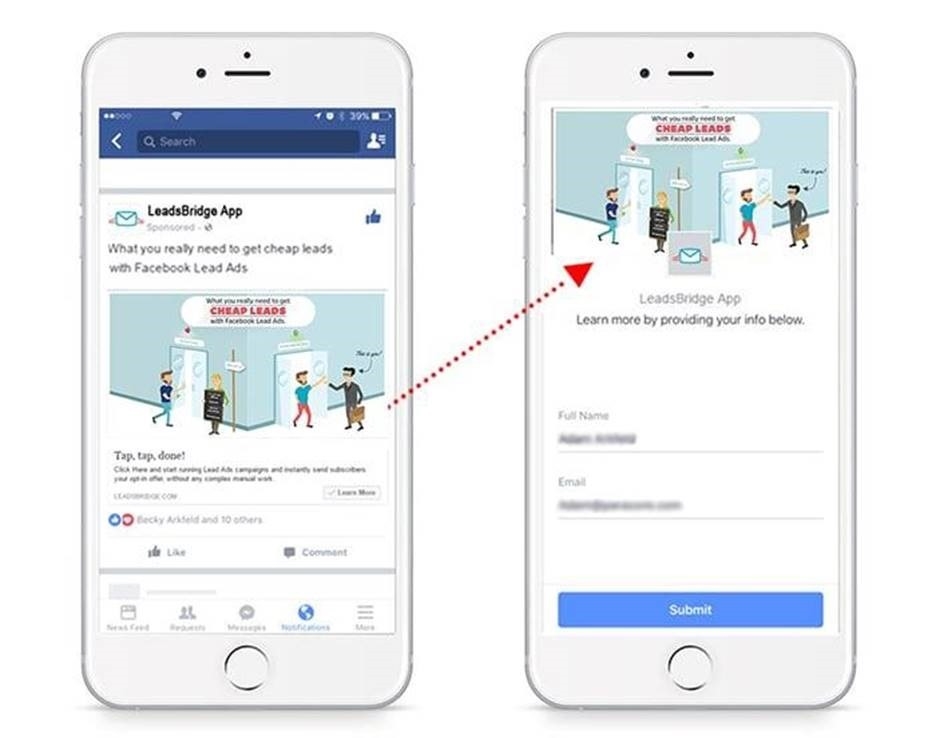 But in them, and in startups too, everything is about the same: you have to solve Olympiad problems in coding, there are also behavioral interviews where they look at how adequate you are and ask what kind of work you usually do. There are also interviews on systems design - there are questions for which there is no unambiguously correct answer, and you can pronounce various options; their purpose is to see how deep you know different topics. In Russia, I only interviewed at Yandex, for an internship; There were also Olympiad problems.
But in them, and in startups too, everything is about the same: you have to solve Olympiad problems in coding, there are also behavioral interviews where they look at how adequate you are and ask what kind of work you usually do. There are also interviews on systems design - there are questions for which there is no unambiguously correct answer, and you can pronounce various options; their purpose is to see how deep you know different topics. In Russia, I only interviewed at Yandex, for an internship; There were also Olympiad problems.
Can I work on Facebook remotely? Can a senior work from home, or is personal presence in the team definitely necessary?
It seems like it's possible, but it seems like it's not. It definitely won’t work out of Russia - access to internal systems is prohibited from the territory of Russia, Ukraine, Kazakhstan and some other countries. From other countries, I don't know. Probably, there should be some job positions that allow you to work remotely, but I didn’t delve into this, and I don’t know people who would work remotely.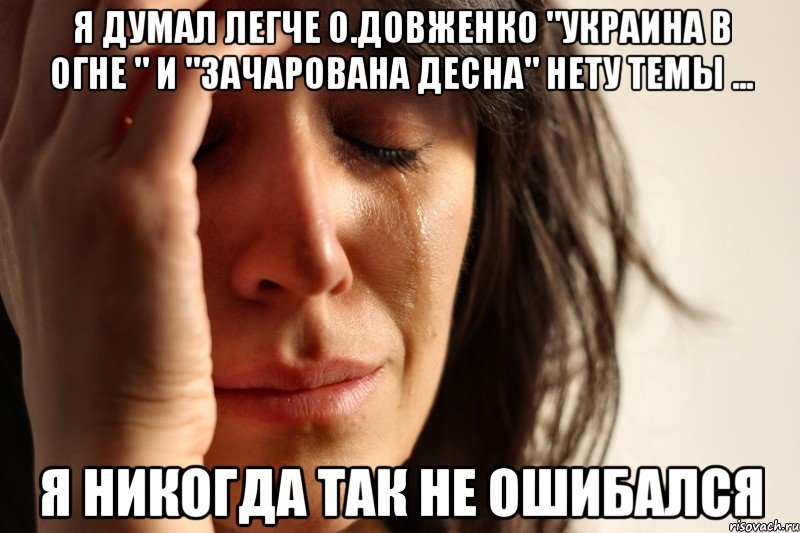
Does it make sense to try to get a job at Facebook and other foreign companies, being a middle?
Oh sure. Apply, interview, get hired. There are no barriers to growth.
The recruiter said that the first time there will be a bootcamp. Is this an internship? How to understand if you are invited for an internship or full time?
Bootcamp is a process in the first 6-7 weeks after joining Facebook. At this time, you do not work in a specific team, but study what Facebook is, what culture is here, how to communicate, what to do. 4-5 weeks you spend time with different teams. You choose which topics you like and spend one week with the teams that work on each of them. You sit with them, write code, look at their code base, evaluate their projects for yourself, go to meetings. In general, bootcamp is the choice of the initial team in which you will work. If you make the wrong choice, you can change the team; I did this after a year and a half of work. If you have a good rating and reviews for the performance review, which takes place every six months, there should be no problems with changing the team. If there are any problems, then changing the team, of course, is more difficult.
If you have a good rating and reviews for the performance review, which takes place every six months, there should be no problems with changing the team. If there are any problems, then changing the team, of course, is more difficult.
Can I get a referral from you?
It is recommended to recommend only people with whom you know personally. So we'll have to get to know each other first.
How can a developer from Russia enter the foreign market without freelancing?
Everything is as usual. Submit applications, send resumes to different companies.
When I applied for internships, I simply went through the list of companies that offer internships in the summer and sent them to everyone. It didn’t even matter if they did a visa - I needed interview experience, and I went through dozens of them. There are chances, a lot of people from the CIS get jobs on Facebook.
What are the financial costs, is the internship paid?
The internship is paid, including relocation, housing, and the quality of housing is good.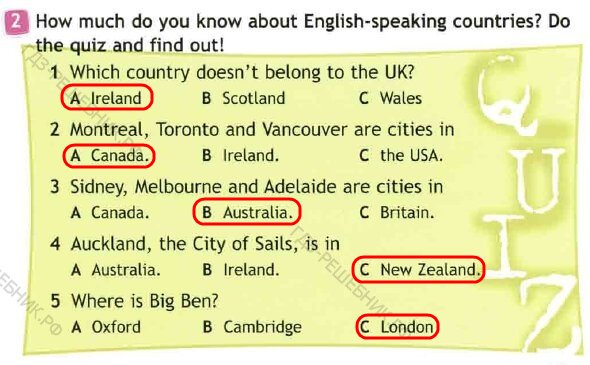 I lived in California, the apartment was much larger than the one in which I now live in London. We had a pool and a gym, the location is normal, cleaning once a week. At the first internship I had a neighbor, at the second I lived alone.
I lived in California, the apartment was much larger than the one in which I now live in London. We had a pool and a gym, the location is normal, cleaning once a week. At the first internship I had a neighbor, at the second I lived alone.
At that time I was not yet 21 years old, and there was nowhere to spend money - they didn’t give me a car for rent, they didn’t let me go to bars. After the first internship, I gave my parents a car, and after the second, I just lived in Moscow for a year and did not work.
Is sports programming experience required for an internship?
Not required, although it helps. I have been involved in olympiads since the 8th grade, I participated in the All-Russian Olympiad three times, although I never won. I had diplomas from other Olympiads, which helped me to enter the HSE. And, of course, the interview was easier to pass. In the first year we had a good English course, a wonderful teacher, it also helped.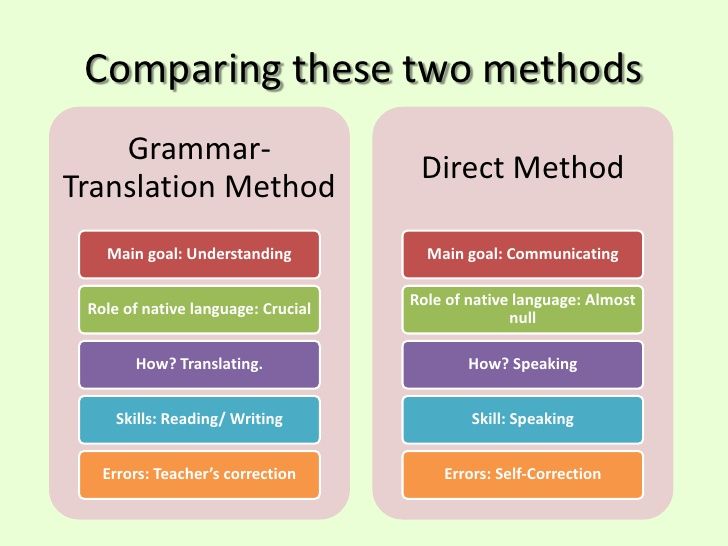 After the first trip, everything changed, I made friends, acquaintances, I had to constantly speak English, I began to seriously study the language myself.
After the first trip, everything changed, I made friends, acquaintances, I had to constantly speak English, I began to seriously study the language myself.
Is a higher technical education required?
No. If you already have experience, then education is not required. If there is neither one nor the other, then it will be difficult.
Are there internships for .NET?
I don't know if we use it. May be. When you apply for an internship, if you have passed the interview, then you are given a questionnaire where you indicate what you are interested in, what is not interesting, what you would like to do. Now a lot of people write that they want to do machine learning, but there are not so many teams that do it. We try to match the interests and the topic that the team is dealing with to the maximum, but this is not always possible.
When does the company pay for the move?
Always pays, no matter where you move from. I had a package: they gave me money, made a visa, rented an apartment for two months, organized the transportation of things from Moscow. It was very convenient, the company does everything for you. They even organized the choice of an apartment from the available options with different locations and prices, with an agent.
I had a package: they gave me money, made a visa, rented an apartment for two months, organized the transportation of things from Moscow. It was very convenient, the company does everything for you. They even organized the choice of an apartment from the available options with different locations and prices, with an agent.
Is it possible for a person with a hearing disability to get an internship? There are no problems with written English, but verbal is perceived poorly.
I don't know for sure, we need to study this issue. I think so. I've met people with disabilities at work, though not hearing-impaired. Probably, it will be necessary to specifically discuss this issue with recruiters and organize a special type of interview.
Which languages and frameworks are most valued?
This is not so important. I conduct interviews several times a week, I don't care what language the tasks are written in.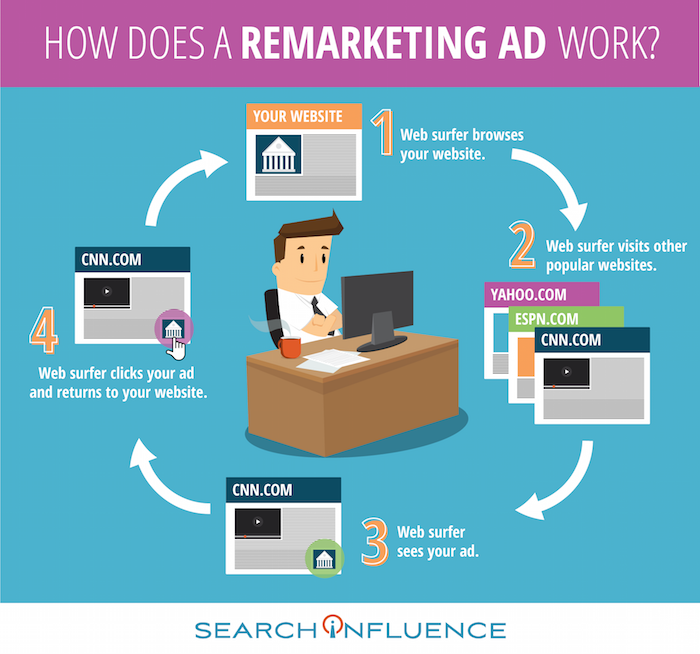 The main thing is that people understand, they can come up with solutions. If I don't know how things are done, for example, in Haskell, I'll ask the question myself. Facebook still has a lot of internal tools that everyone will have to deal with, so the background is not particularly important.
The main thing is that people understand, they can come up with solutions. If I don't know how things are done, for example, in Haskell, I'll ask the question myself. Facebook still has a lot of internal tools that everyone will have to deal with, so the background is not particularly important.
What is the age limit for an internship? Is there any point in trying to get an internship if you are no longer a student and have several years of work experience?
Usually students are taken for internships, because US J1 visas are for students. You need to prove at the embassy that you will still be a student after returning from an internship. Therefore, it is unlikely. As far as I know, at Facebook we only take students for internships.
Can a minor get a job, is relocation possible, is it necessary to have a higher education?
If there is no education, then work experience is needed. As for age, I can't say. It seems to me that there may be difficulties.
It seems to me that there may be difficulties.
What should I do if the recruiter disappears after communication and does not answer e-mails?
There's nothing to be done here. You can write a couple more emails, you can try to find friends in the company and contact through them. Otherwise, there are no options. I was also ignored at various companies when I was looking for internships.
How do you like the Valley, what are the pros and cons in comparison with London?
I didn't like the Valley very much. I think many people watched Dudya's film ... There is a lot not covered there. I had reasons not to want to go to the USA, I didn’t like the healthcare there - I had problems with my leg during my internship.
Everything costs a lot of money, terrible queues. Let's say you pay $150 for emergency room/urgent care, you go to the doctor, they give you four pills; if you lose a pill, you need to go back to the doctor.
Besides, it's not safe there. I really didn't like San Francisco. Once we had to walk 15 minutes to another restaurant because the one we parked in front of was busy and even that was extremely uncomfortable. A lot of homeless people, a lot of people who are obviously not themselves, behave unpredictably. In the same Moscow, you can walk without problems, even at night, but in San Francisco it’s scary.
In London, you can mostly walk the streets, although the area where the Facebook office is located, where I work, is also uncomfortable, inadequate people are often found. Such a branch of San Francisco.
Besides, you have to drive everywhere in the Valley. Although there is nature there, you still need to go to all places, even to the store, if you do not live next to it. Although there are few places in the Valley at all. That is, either you live in San Francisco, and then you have to get to work every day for an hour and a half, or live in the Valley, where nothing happens except meetups.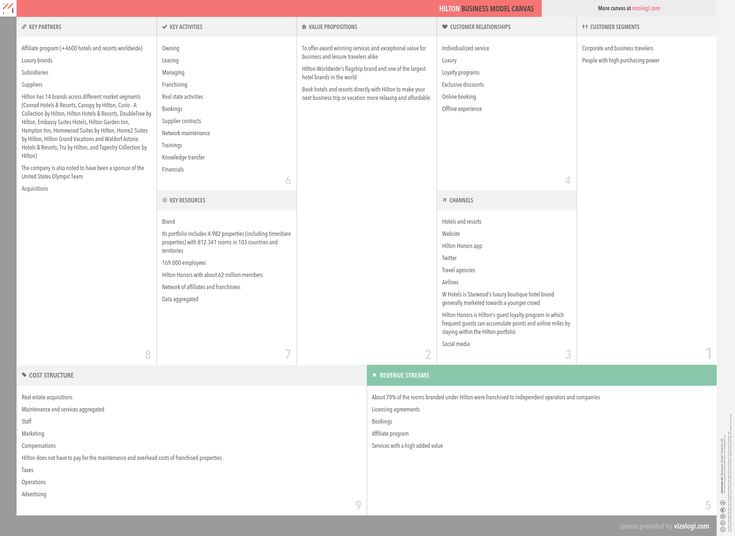 If your husband or wife is not from IT, then it will be difficult for them to find a job.
If your husband or wife is not from IT, then it will be difficult for them to find a job.
What was the level of English at the beginning of the internship? How to check the availability of internships in a large company?
Availability is classified information. The level was not very good, it interfered with the first internship, but until the second I studied the language all year. Of course, you have to study the language.
How does poor English affect interviews?
At my interview, I knew how to solve problems, and I was able to convey my thoughts to the interviewer through code and rather crooked explanations. We treat the level of English with understanding. If I can understand you in an interview - no matter how broken the language, then everything is fine. Of course, if I cannot understand you, and you cannot explain anything, then everything is bad. You need at least some level of language.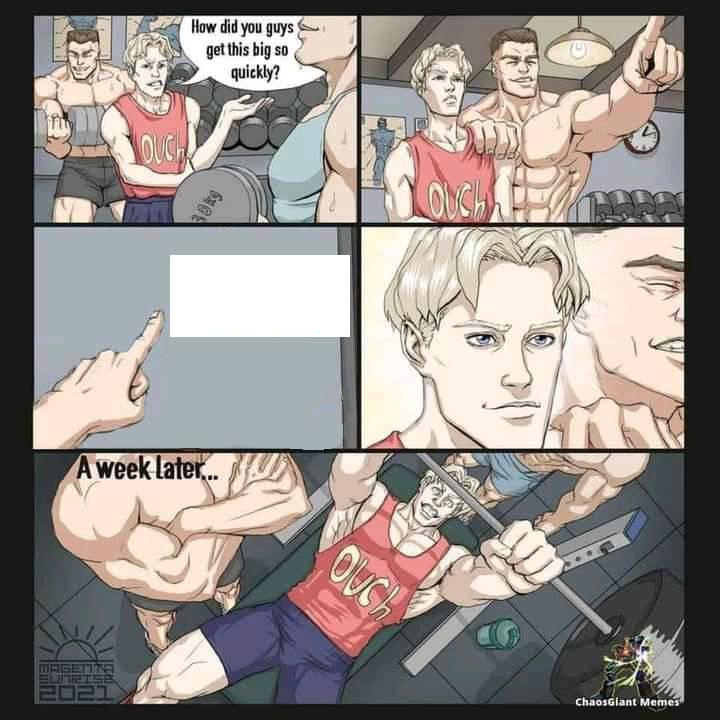
What do you mean by responsibility? In my opinion, it is completely absent. No one will ever ask anything from anyone for quality and problems.
If there is a problem, you try to solve it yourself. This is responsibility. You don't wait for someone to come and fix it for you.
One must have courage in oneself. It is necessary not only to be silently upset when you notice a problem, but to come up with a constructive solution. You have to communicate with people, determine who is affected by the problem, whether it makes the team work less effective. If so, then you must solve it. This is expected from a senior.
Of course, some problems are difficult to solve on my own - in such cases I escalate, write posts, describe why it is important, draw attention to the problem. If you see a problem and remain silent, no one will know that it is important to you, but if you write a post about the problem, there will be a reaction.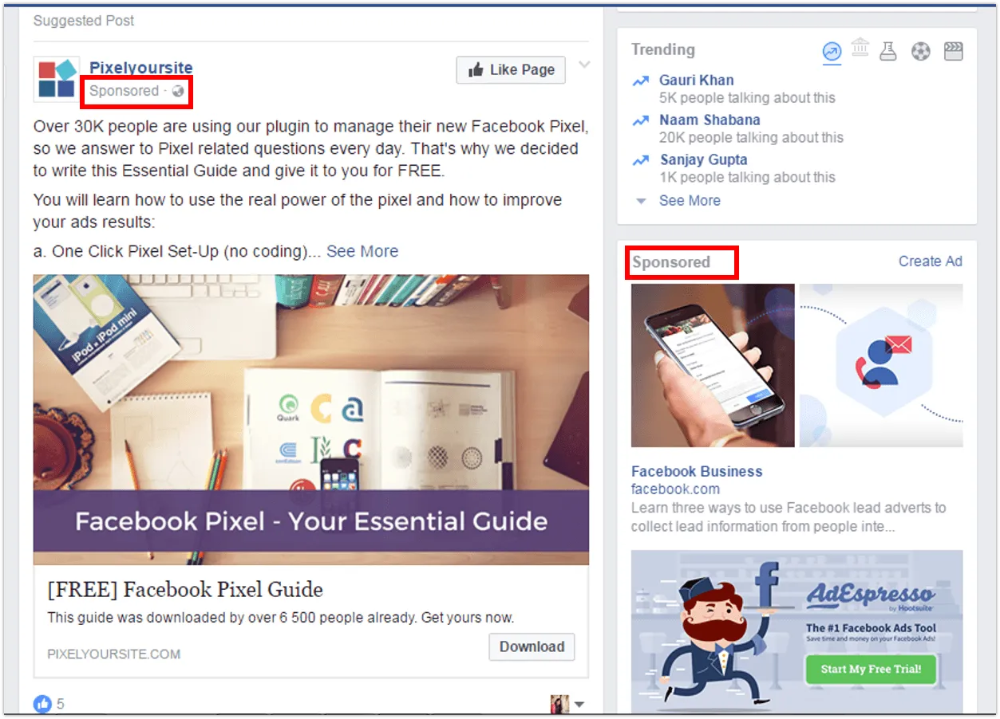
What soft skills do juniors need?
I'll give an example. I have one junior in my team and he has communication problems. It happens that we agree on a sprint within the team: we define tasks for two weeks, and he cannot complete his part. He has objective reasons for this, but we will only find out that the work is not completed at the end of the sprint. So it is not necessary. It is necessary to communicate such things in advance: I will not be in time, I will be in time, I can do something else. There should be no surprises for anyone, the whole team should be able to adapt their expectations. Therefore, the most important skill is the ability to communicate normally.
How did you prepare for algorithmic tasks in an interview? Have you had any experience of Olympiads, have you used problems with leetcode?
Yes, I did it all. What helped me the most was the preparation with my best friend: we did interviews at different companies at the same time, and then we asked each other tasks from these interviews, as well as tasks from leetcode and other resources.
We constantly practiced speaking English and writing code together. There are “mock interviews” on Pramp that you can also do. Experience in Olympiad programming, of course, also helped: many problems use standard tricks that are quite easy to learn and use.
What is the difference between interviews for university grad positions and ordinary ones?
From a coding point of view, nothing, although university grad interviews include behavioral interviews. I conduct them myself: two coding interviews and one behavioral interview. As I said, these interviews are to determine the adequacy and responsibility of a person. Sometimes there are funny things: for some reason, one person told me about how he lied to the professor about homework. This is strange.
What is the work itself and the internship?
Depends on what projects the team is involved in. During both internships, I worked in infrastructure teams, not product teams, and then, when I came to full time, I joined the product team and worked on User Facing. During internships, you usually do development on a project that can be completed in 6-8 weeks. There are different projects - for example, one intern made a chat bot that was needed for a project.
During internships, you usually do development on a project that can be completed in 6-8 weeks. There are different projects - for example, one intern made a chat bot that was needed for a project.
What were the difficulties in moving?
There were social difficulties - the entire social circle remained in Russia, it was necessary to look for new friends. In general, I liked everything.
I think if you move with a partner, and not alone, then the first time on a junior salary will be quite difficult. In London, apartments are expensive - 1,500 pounds per month for 25 square meters. Of course, there are difficulties in projects - you can’t do something, agree with someone, your problem doesn’t seem important to anyone.
Facebook is one of the few big companies that use Haskell. How many projects does it have? Are there internships associated with it?
I don't know exactly how many projects it has, but I have a friend who works with it. I think there are internships in their team. One of the main projects is Community Integrity, these teams keep the platform clean from suicidal things and the like; they use Haskell and must have internships. You just need to indicate that you are interested in Haskell in the questionnaire that you are given after passing the interview, then you can be noticed in the right team.
I think there are internships in their team. One of the main projects is Community Integrity, these teams keep the platform clean from suicidal things and the like; they use Haskell and must have internships. You just need to indicate that you are interested in Haskell in the questionnaire that you are given after passing the interview, then you can be noticed in the right team.
Does Facebook use any development tools other than its own? TypeScript for example.
It is important to understand that everything is different in different teams - this is the main refrain of my story. Different teams use different technologies. My team is developing for Android - that is, Java, Scala, my own build tool. Nothing complicated. As for other technologies, of course, you can find other languages and development tools with us. Probably, in some command, what is named in the question is used. Someone writes in Haskell, someone writes in Erlang - the infrastructure for WhatsApp.
Frontends are also driven by algorithms in interviews, like backs?
Yes, about the same.
What skills are your teams looking for? Do you work in teams with people from other countries, or do you prioritize local teams?
Everyone on my team is from different countries. The manager is from China, he is now in California, there are colleagues from Italy, Colombia, Macedonia and Romania. There are teams in which there are a lot of Russian-speaking people, there are those where only people from India, in general, everyone is different. During bootcamp, you can choose a team that you like and that you would like to chat with.
What advice would you give to your 18 year old self?
Do more projects to gain experience. Making projects more serious than university assignments. Trying a smaller company instead of Facebook for the second internship — it turned out that I almost didn’t work in small companies.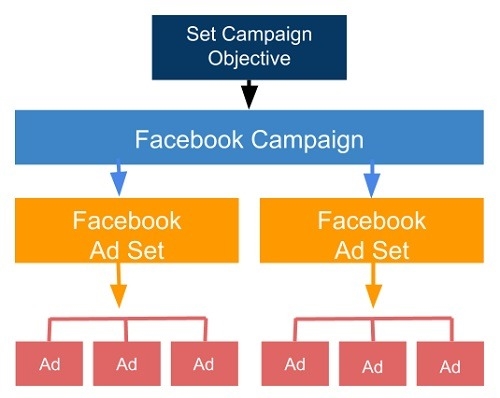 Try to work in different startups, work on different topics, to broaden your horizons. For example, I was lucky to work with machine learning once (at Yandex), and I realized that I didn’t want to deal with this topic - and I realized it early, not late.
Try to work in different startups, work on different topics, to broaden your horizons. For example, I was lucky to work with machine learning once (at Yandex), and I realized that I didn’t want to deal with this topic - and I realized it early, not late.
Are interviews more valuable for real experience or for solving problems from olympiads?
Everything is valued. You need to be able to quickly solve problems, explain solutions, solve correctly, test, independently find errors, communicate. Previous experience is also valued, if you led a team or coached novice developers - that's great. In general, both are valuable.
Is the internship more an individual project or team work?
Yes, this is an individual project. We want to evaluate your capabilities, your work. This is harder to do when the whole team is working. This is usually an independent task, not very important to the team because the trainee might not finish it, but one that the team was going to do anyway.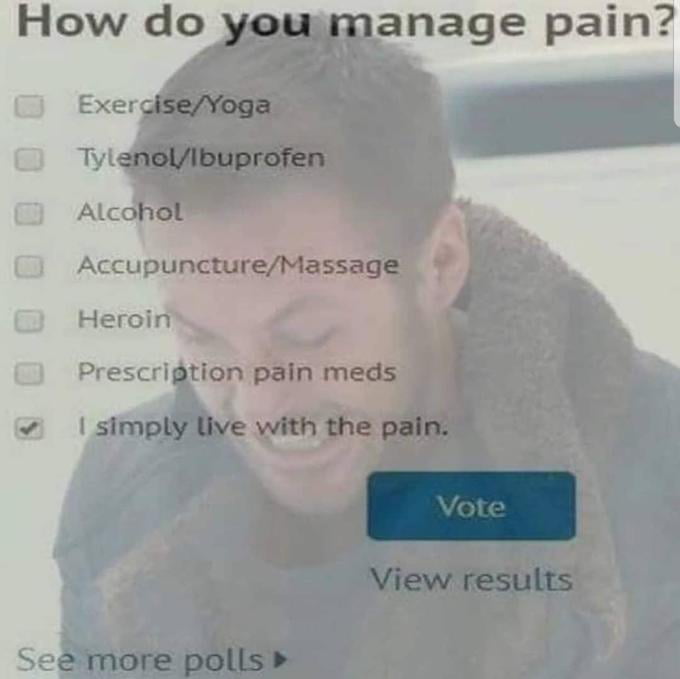 I thought about taking interns for this summer (changed my mind due to the epidemic) for tasks that I don’t have enough hands and time for.
I thought about taking interns for this summer (changed my mind due to the epidemic) for tasks that I don’t have enough hands and time for.
How long is the internship?
Usually 12 weeks, sometimes 16.16 for PhDs, 12 for bachelors and masters.
Are there people who work one year in the London office, one year in the Polish office, and so on?
No, because we have our main engineering offices in London, several in the US and Singapore. Oculus engineering offices in Zurich. Although the company has offices in most countries, they usually sit marketing / sales. Therefore, there is no practice of working from different offices. Although, if you go home to a country from which access to the systems is allowed, you can work from home for a while.
Do you need to understand the technical part for a managerial position?
Yes, tasks are also set during managerial interviews.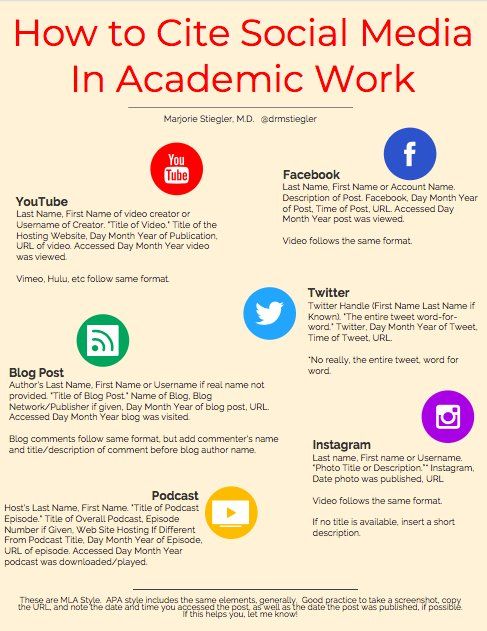 Although I myself do not conduct them, I can say that the technical part is really needed.
Although I myself do not conduct them, I can say that the technical part is really needed.
How much coding experience does it take to apply for an internship? I'm 30, I graduated from the university a long time ago, and it was philological.
Internships at Facebook and many other large companies require you to be a full-time student. You can get an internship if you go to a master's program in computer science: they look not at age, but at the status of a student. Of course, you will need to practice in algorithms and data structures, learn how to solve problems, but there are always chances.
When I started at Facebook - it was January 8th (we have certain general start dates, every few weeks) - an intern who was 37 years old started with me.
How do you find out what the different teams are doing?
We have an internal workplace network where people post about what they are doing. You can subscribe to groups that you are interested in - for example, I subscribed to groups related to Oculus.
You can subscribe to groups that you are interested in - for example, I subscribed to groups related to Oculus.
This is done in Portal. There are also groups about Portal itself, because we ourselves make hardware for it, modify a special version of Android for it, and make various applications for it.
In addition, I have many acquaintances in London from different teams, and I learn from them what they do. Getting information is quite easy, but keeping track of everything is very difficult due to the fact that there is a lot of information.
How difficult is it to leave for work and stay abroad for permanent residence?
Pretty easy. If you get an offer, you get a work visa and you live here. After some time, you get permanent residence, in the UK - 6 years for citizenship, 5 years for a residence permit.
How much time do you spend at work?
Differently. Often by mood. Now, when everyone is sitting at home, there is nothing else to do, so I work 10-11 hours, from about 11 in the afternoon to 10 in the evening. With breaks, of course. The total work is 8-9 hours.
Now, when everyone is sitting at home, there is nothing else to do, so I work 10-11 hours, from about 11 in the afternoon to 10 in the evening. With breaks, of course. The total work is 8-9 hours.
Normally I come to the office at 11-12 and leave at 7-8.
Some colleagues work from 8 am and leave at 4 pm. Some work more, some less, it also depends on the team. In the first team, which was entirely in London, I never overworked; in the current one, sometimes I work, because most of the team is in California, and I have to stay at work to talk with them. We are now making applications for remote work, for Portal this is now a priority, so there is a lot of work.
How do interactions occur between team members and between teams? Are there bureaucratic issues, or is an agile approach used?
normal interactions. Each team has its own goals, everyone is quite positive, everyone communicates well. Usually the team is happy to help if something is needed.






